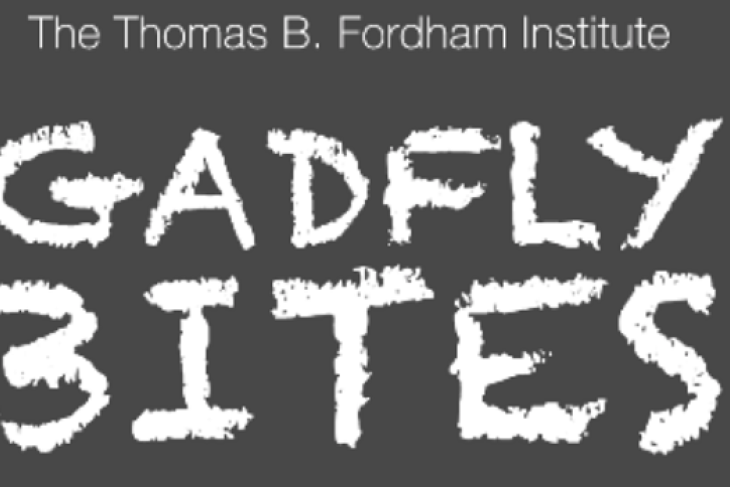- I might be wrong, but I think there’s some big political event coming up here in central Ohio soon. How else to explain today’s dueling editorials in the Dispatch, both aimed squarely at addressing national political rhetoric. First up: Ron Rice Jr., senior director of government relations at NAPCS, opined that candidates vying for the Democratic Party’s presidential nomination should eschew divisive rhetoric on charter schools and go visit one instead. (Columbus Dispatch, 10/11/19) The counterpoint to this is from Erin McPike, an Ohio native and former political reporter, who opines that Democrats built K-12 education in Ohio and Republicans tore it down. (Columbus Dispatch, 10/11/19)
- Back in the real world, here’s a great profile of the Richard Allen School, a charter located in McPike’s native Southwest Ohio. It is a look at how the staff and teachers have worked hard to successfully boost their report card grade over the last year. It’s a story about quality teaching, strong school culture, and high expectations. (WCPO-FM, Cincinnati, 10/11/19)
- Staying in McPike-Land for a moment, here’s a look at Loveland City Schools. They have a lot of money in their little town (median income $73,225, median home value $256,500), and they have some solid report card grades too. Doesn’t stop supe from spouting the usual mantra: “Let’s not forget, however, that the report card and the metrics behind it are quite convoluted, evidenced by the accompanying 32-page guide to understanding it. We need to keep in mind that the report card is only one measure of accountability and based mainly on standardized tests – it is just one snapshot of the very complex work we do.” Seriously, is there a conference call where they get fed this stuff so everyone can stay on message? It’s like Stepford Supes or something. But that rhetoric takes on a whole different meaning when you’ve got a good report card. (Loveland Magazine, 10/9/19) Madam Supe does point out that Loveland publishes its own “supplemental” report called a Quality Profile. It “measures” all the other important things that report cards don’t. It’s kind of interesting, I’ll admit, but hella busy. You can check it out here, if you’re so inclined.
- Speaking of singing from the same hymnal, editors in Toledo opined today on the topic of Columbus City Schools. Yes, you read that right. Specifically, the editorial board espouses the arguments made by the Columbus Education Association last week alleging the board and administration in Columbus are gaming the K-3 literacy report card measure. And creating a bunch of paperwork for teachers. But the other thing too. (Toledo Blade, 10/11/19)
- Meanwhile, in Youngstown, it finally begins. “As the group met at the West Wood Street building, the nomination panel sat in place of Youngstown's elected school board and addressed the small audience.” Poetic. (WFMJ-TV, Youngstown, 10/10/19) Here is another look at yesterday’s nominating panel meeting in Youngstown. Two things of note. The reporter is incorrect when he asserts that the state supe declares a district to be in academic distress. It’s the data, dude. More important, however, is that the state supe does seem to want more control over the process than he currently has. To wit: “If a district’s on an improvement trajectory and that improvement trajectory is demonstrable, then I should be able to say, ‘You know what? I’m going to take a year off and let them go’.” Say more, Paolo. Say more. Link (WKBN-TV, Youngstown, 10/10/19)
Did you know you can have every edition of Gadfly Bites sent directly to your Inbox (in case you want to opt for poetry by signing up for such a newsletter)? Subscribe by clicking here.
Policy Priority:
Topics:




